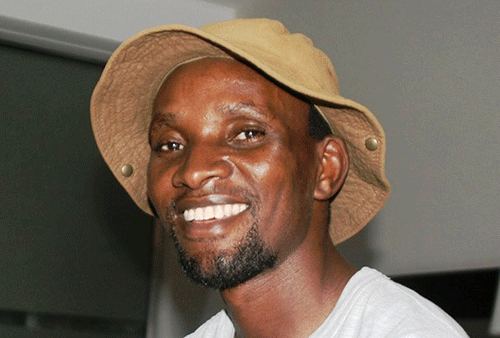The teaching profession in Namibia is at a crossroads. The nation’s education system, once a beacon of hope and progress, is now grappling with an alarming surplus of unemployed teachers.
This issue is compounded by the proliferation of higher education institutions offering teaching qualifications, often with alarmingly low entry requirements, as low as 16 points in five subjects with an E grade pass in English.
As teaching is the foundation of all professions, the situation warrants urgent attention from the Namibia Qualifications Authority (NQA) and the Ministry of Higher Education, Training and Innovation.
The current state of teacher education in Namibia is tainted by a sudden surge of private schools that sell teaching credentials, with little to no required experience. A passing grade in 10 is the only qualification required by some of these universities, which is far too low for a field that calls for a high degree of emotional intelligence, intellectual rigour and pedagogical knowledge.
In contrast, countries with strict regulations and well-organised teacher training programs that yield highly-skilled educators include Finland, South Africa, Zimbabwe and Namibia.
There is an oversupply of teachers, especially in lower classes where there is less need, as a result of these schools growing rapidly. Many recently-qualified teachers are unemployed because of the job market’s saturation, which is a waste of public resources and human potential. Furthermore, considering the lax standards of their training, the quality of teaching these teachers deliver is in doubt. Teaching is more than just a job; it is a calling that affects the country’s future. Our children’s future is at risk if we cut corners regarding the quality of our educators.
The ministry of higher education and the National Council for Higher Education of Namibia, as well as the NQA, must act decisively in this instance.
Raising the bar for admission to teacher training programs is one of the best ways to rein in the excessive number of teachers being produced, and guarantee that only the best candidates join the field.
A higher academic bar should be set for prospective instructors by the ministry of higher education, in cooperation with the NQA. The minimal requirement should be a minimum of 27 points in grade 12, with high passing grades in disciplines like science, math and English, since that is some of the core subjects recommended these days.
We have been stuck on the 25 points for way too long as a country.
I further recommend that the subject in which a teacher specialises shall have a pass of an average of 70% and above. Teachers should also be trained on a full-time basis, for which more time shall be spent on practice, like for six months or more, and no teacher shall be trained on a part-time basis.
The practice of training teachers on a part-time or distance basis has caused the profession to lose its quality and credibility, as one can find a salon employee studying to be a teacher whilst spending more time in the beauty salon, which is compromising quality. This will guarantee that people enrolled in training programs have the mental aptitude and commitment necessary for teaching.
Furthermore, there must be more active regulation of the institutions offering teaching qualifications by the ministry of higher education and the National Council for Higher Education of Namibia.
The same strict guidelines that apply to public institutions should also apply to private ones, and frequent audits should be conducted to make sure that the programs offered there adhere to both domestic and global standards.
Only institutions exhibiting dedication to teacher education excellence should be recognised by the NQA, which should strengthen its accreditation procedures.
Though it would be harsh, restricting teacher training to public schools could be a solution, as could a few credible private universities with a good track record.
This would guarantee that teachers who do enter the workforce are properly trained, even though it might limit the number of new instructors entering the field. Public universities are known for providing extensive, well-rounded training programs that give educators the abilities and information they need to be successful in the classroom.
The government can sustain a better standard of education, and generate instructors who can nurture the next generation by focussing resources and oversight on these institutions.
The ministry of education must think about long-term plans to strike a balance between supply and demand for teachers, in addition to these quick fixes.
Initiatives to coordinate teacher training outcomes with the real demands of the educational system may fall under this category. For educators who are willing to work in neglected areas or in subjects where there is a shortage of qualified teachers, incentives should be introduced.
A fundamental aspect of the teaching profession should also be ongoing professional development. To guarantee that educators stay proficient and flexible in response to changing needs in the classroom, the Ministry should provide alternatives for continuous training and upskilling.
The level of competence of Namibia’s teachers will determine the future direction the system will go. To resolve the current situation, the NQA, the Ministry of Higher Education, Technology and Innovation and the National Council for Higher Education of Namibia need to act decisively to regulate teacher training institutions, increase entrance criteria, and make sure that our children are only taught by the most competent people.
By doing this, we can guarantee Namibia’s better future, and restore the teaching profession’s credibility.
*Salomo Ndeyamunye yaNdeshimona is an author, academic and social activist from the Oshikoto region. He could be reached at: ndeshimonasn@hotmail.com


